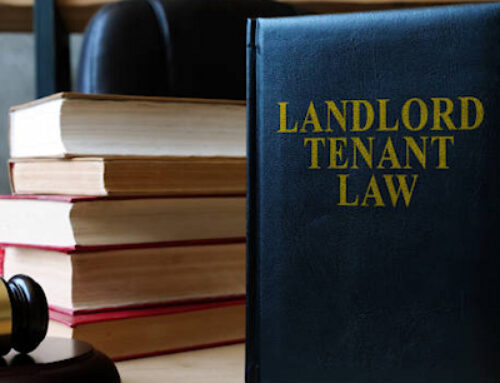2023 Renters Reform Bill (Dec 23 Update)
The Renters (Reform) Bill 2022-23 was introduced to Parliament in May 2023 after the Government’s plans for reform were previously set out in the white paper ‘A fairer private rented sector’ (June 2022).
Recap: What is the Renters (Reform) Bill?
As we have mentioned in previous newsletters, the aim of the bill is to level-up the private rental sector, specifically focussing on the abolition of Section 21 of the Housing Act. This would see the removal of ‘no fault’ evictions for tenants. Instead, we will see tenancies become monthly periodic assured agreements with no end date. However, not all points covered in the white paper have made it into the Bill.
Nevertheless, a reminder of key points to note are:
- The amendment of grounds on which landlords can seek to repossess properties – making it easier for landlords to repossess properties where tenants are at fault.
- A process could be introduced for implementing annual rent increases.
- A new independent Ombudsman would be put in place for the private rental sector which will provide fair and impartial resolution to issues without the costly and timely need for court proceedings.
- The introduction of a Privately Rented Property to help landlords understand their legal obligations but specific focus would be on helping local authorities to target enforcement activity where it is most needed.
- Tenants would be able to request the right to keep a pet in a property and landlords would be required to consider this, only refusing a request where there were genuine grounds to do so.
Analysis: What does this all mean in reality?
Just before the bill’s second reading in October, the government stated that the courts process would need to be reformed significantly before section 21 could be abolished. Housing Secretary Michael Gove said it was “vital” to update the courts first. This means there will probably be delays to abolishing section 21. However, in our professional opinion, we do not believe the abolition of Section 21 is concerning.
The eviction process is already hard to navigate so this update could bring about improvements. There is plenty of detail in this bill that could be good for landlords as well as tenants. Let’s not forget the majority of us strive for the same outcome – clear, simple, efficient rules that make sense, enabling tenants to have a home and landlords to generate an income.
Introducing a formal process to increase rents on an annual basis should not be raising any alarms bells either. It’s usual practice for rents to increase each year for the majority of tenancies, so neither do we feel this is as dramatic as it may sound.
The Bill itself has seen a lot of discussion since the second reading. The committee finished deliberation of the Bill at the end of November and the amended Bill will now proceed to the report stage and third reading. Speculation is that it is unlikely for the Renters Reform Bill to receive Royal Assent until Spring 2024 – at the earliest.
To find out more visit: https://www.gov.uk/guidance/guide-to-the-renters-reform-bill
As with all updates to property rules and regulations, we’ll continue to keep close to the progress of this important Bill and update you with any further developments. In the meantime, if you have any questions or concerns about your property, please call the Pace team on 01702 445 600.








